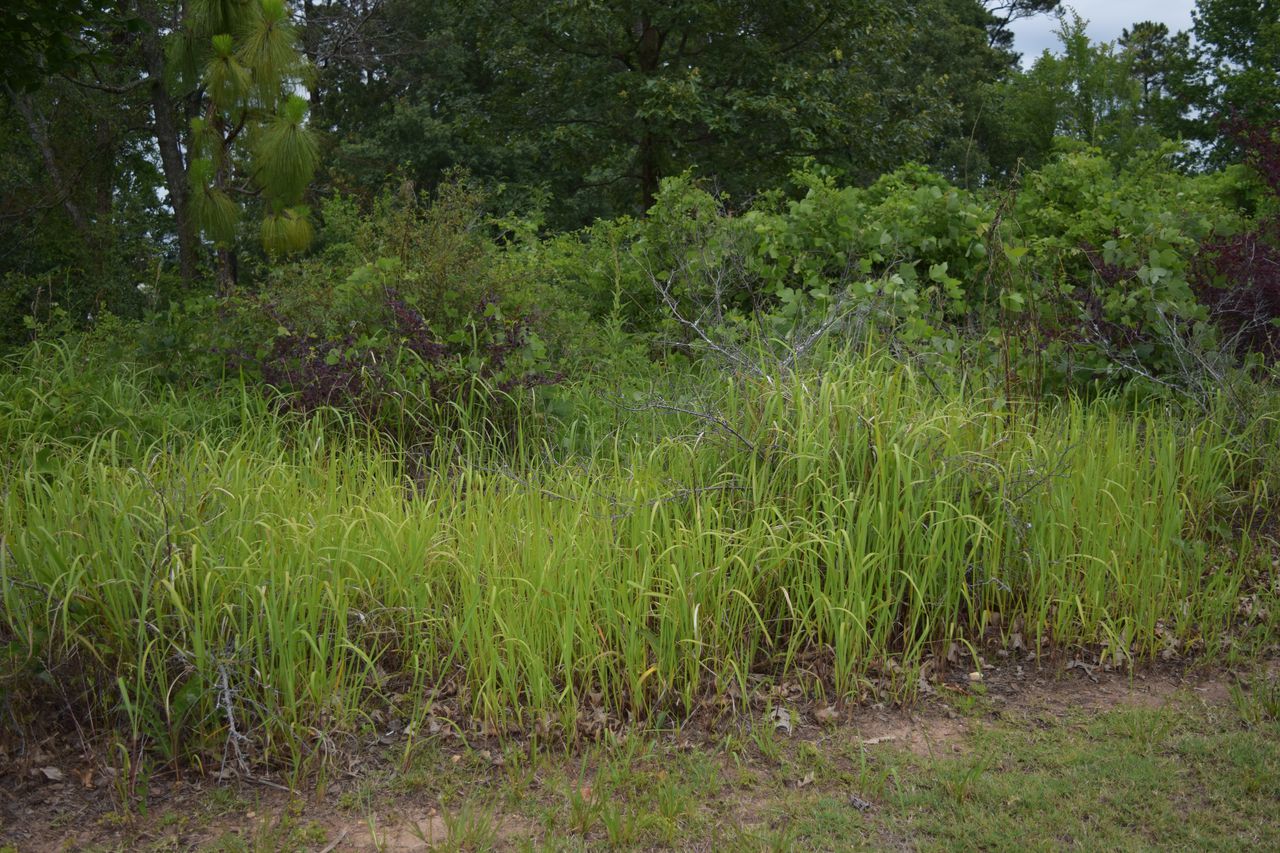Financial aid available to help Alabama landowners fight cogongrass spread
Cogongrass is a serious threat to Alabama’s environment. Known as one of the world’s most prominent weeds, cogongrass has been spreading throughout the state for more than a century. An initiative to provide education and financial assistance is key to the eradication of this invasive pest.
What is cogongrass?
Cogongrass, scientifically known as Imperata cylindrica, is an invasive weed species that was introduced to Alabama in 1912. According to Alabama Cooperative Extension System Forestry and Wildlife Sciences Specialist Nancy Loewenstein, it has become one of the worst invasive plants in the state.
“Cogongrass is of concern because it displaces native plants, negatively impacts wildlife habitat, reduces productivity of pine plantations and other forests as well as pastures,” Loewenstein said. “It also creates management problems along highways and right-of-ways and is also a fire hazard.”
For a while, the species was restricted to the southeastern section of Alabama. Today, it is reported to be in all but five counties in the state. Refer to the cogongrass map to see the spread of this plant in Alabama counties.
Education Mitigates Spread
One of best solutions for mitigating the spread of cogongrass is awareness and education. Loewenstein said an important aspect of early detection is knowing how to identify cogongrass correctly. By informing landowners about this invasive plant, many questions regarding the weed can be answered.
An effective vessel for delivering education is programming. This is performed by Alabama’s Cogongrass Task Force, a collaborative statewide team providing outreach and technical support to landowners. Alabama Extension is a member of this task force, which also includes the Alabama Department of Agriculture & Industries (ADAI) and the Alabama Forestry Commission (AFC).
“The smaller a patch of cogongrass is, the easier it is to treat,” Loewenstein said. “This highlights the importance of programs offered to landowners. Treating infestations as soon as possible after finding them will make the job easier and improve the likelihood of success.”
This team utilizes workshops to provide cogongrass education. Workshop events include field demonstrations and discussions of topics such as plant identification and management as well as cost-share opportunities. The team also crafts input for ADAI’s dedicated cogongrass web page, www.alcogongrass.com.
Alabama Extension Assistant Professor David Russell has been involved with the taskforce and said the workshops are well received.
“Last year’s workshops were very well received from a diverse group of attendees,” Russell said. “From homeowners and weekend gardeners to forage and livestock producers, as well as those involved in various aspects of land management, our discussions helped raise awareness about the aggressive nature of this species.”
Russell also said the team is planning for more informative workshops across the state.
Financial Assistance
The AFC will soon launch its second year of cost-share assistance program for landowners affected by cogongrass. This financial assistance is made possible by grant funding from the USDA Animal & Plant Health Inspection Service’s (APHIS) Plant Protection and Quarantine (PPQ) program.
The program application period launches Feb. 15 and will remain open until March 30, or until the maximum of 250 applications have been received. The AFC said eligibility for the funding requires applicants to be nonindustrial, private landowners in any of Alabama’s 67 counties. Furthermore, there is no minimum or maximum property acreage required to apply–nor does the landowner have to live on the site.
Potential applicants are directed to the Cogongrass Mitigation Program web page of the AFC website. Landowners may also email [email protected].
More Information
For more information on cogongrass cost-share assistance, contact your local AFC county office. Read more about cogongrass and its effect in Alabama on Alabama Extension’s website.
The Alabama Cooperative Extension System takes the expertise of Auburn University and Alabama A&M University to the people. Our educators in all 67 counties are community partners — bringing practical ways to better our homes, farms, people and the world around us. Our research extends knowledge and improves lives.
